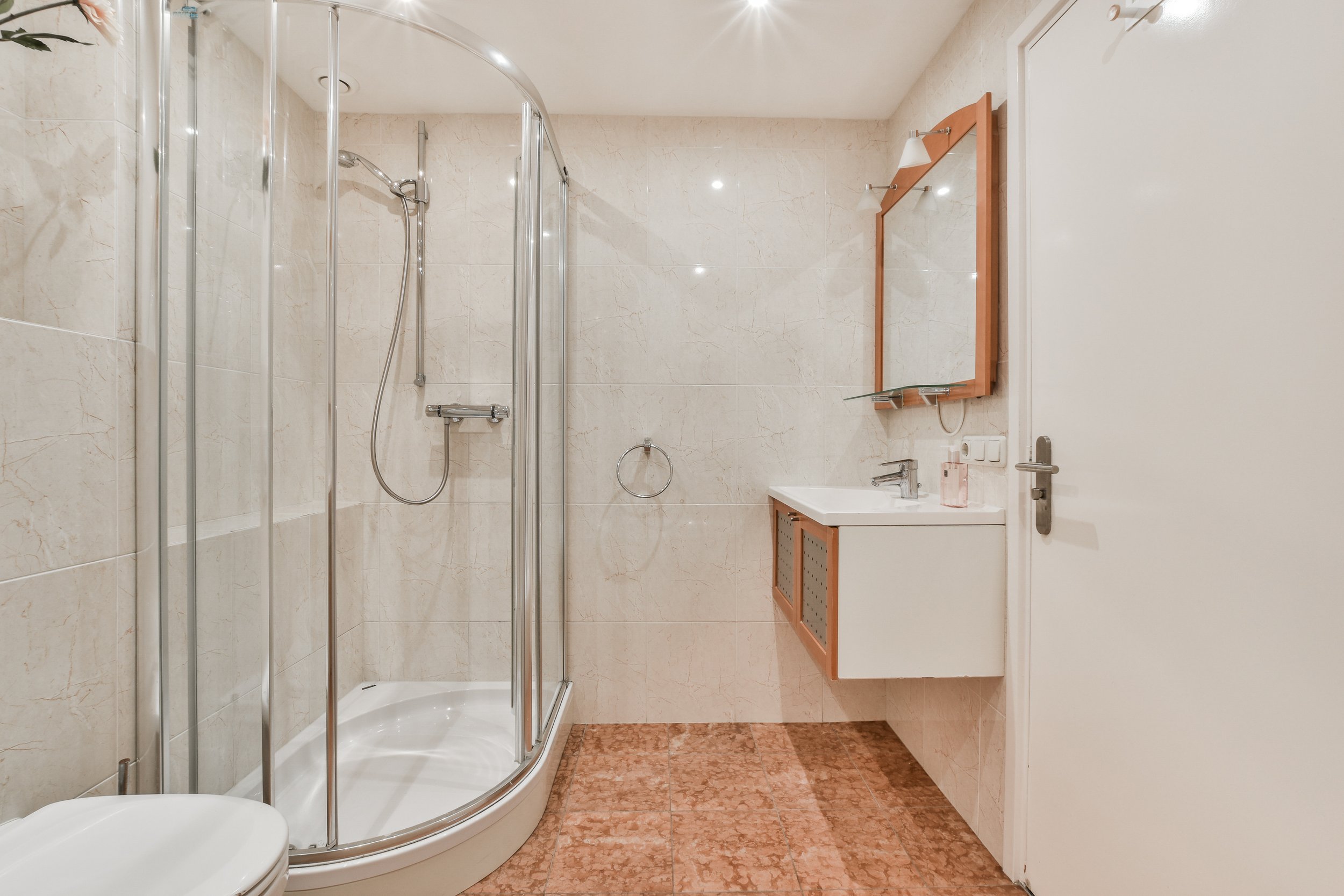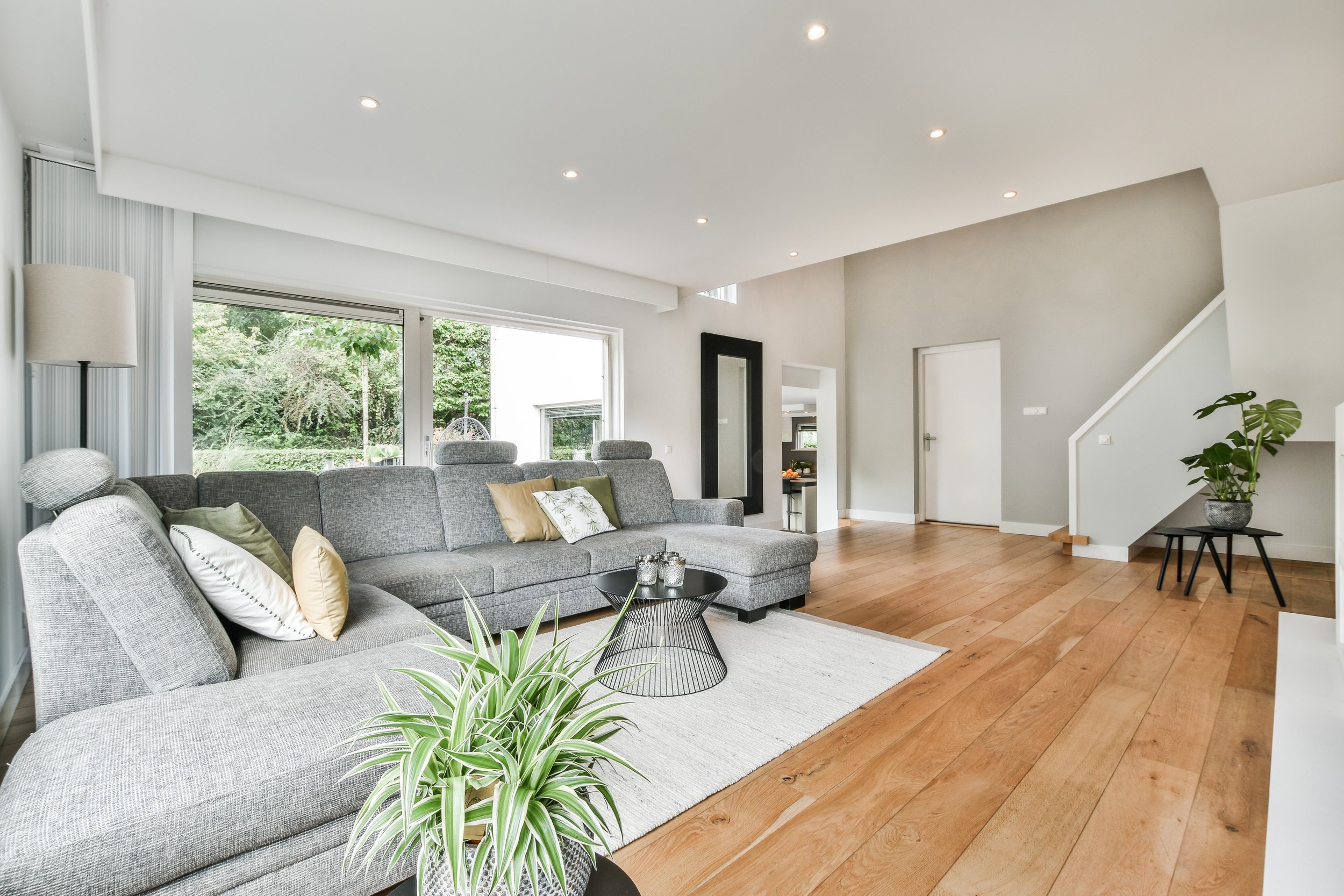
Do I Need a Contractor to Finish My Basement in Alpharetta, GA? Pros, Cons, and Local Considerations
Finishing a basement in Alpharetta can add flexible living space, boost resale value, and make daily life more comfortable. The decision often starts with a simple question: handle it as a DIY project or hire finishing basement contractors who know Fulton County codes and Atlanta-area conditions. The right answer depends on scope, risk tolerance, and how fast you want to enjoy the space.
What changes in Alpharetta and North Fulton
Homes in Alpharetta often sit on clay-heavy soils that hold moisture. Many basements are partially below grade with a daylight wall; others are fully below grade with limited egress. Local inspectors look closely at moisture control, emergency exits for bedrooms, and mechanical ventilation. Alpharetta uses the Georgia State Minimum Standard Codes with local amendments, and permits are required for most basement finishes that add walls, electrical circuits, plumbing, or HVAC.
A practical example: a homeowner off Webb Bridge Road wanted a media room, a guest suite, and a wet bar. The plan looked simple on paper. Once opened, the crew found high humidity at slab edges and a low beam that affected ceiling height. Adjustments kept the ceiling at 7 feet clear in the main zone, and the team added a proper vapor barrier and dehumidification plan. An out-of-town plan set would have missed those details. Local knowledge saved a future mold headache and a failed final inspection.
Permit basics and inspection checkpoints
In Alpharetta and the greater Atlanta area, a basement finish typically triggers permits for building, electrical, plumbing, and mechanical work if new fixtures or circuits are added. Bedrooms require an egress window or exterior door with clear opening sizes that meet code. Smoke and carbon monoxide alarms must be interconnected. Arc-fault and ground-fault protection apply to many basement circuits. Stairs need specific tread, riser, headroom, and handrail details.
Inspections usually occur at four points: framing, rough plumbing, rough electrical and mechanical, and final. If you add a bathroom, expect a pressure test and a shower pan test. If you add a kitchenette or bar sink with a grinder pump, the inspector will check venting and backflow protection. A contractor who works in Alpharetta weekly knows these checkpoints and plans the sequence so you do not stall for weeks between trades.
DIY or hire? The practical trade-offs
DIY appeals to those who enjoy building and want to control costs. For a simple rec room with no plumbing and minimal electrical, an experienced homeowner might handle framing, insulation, drywall, paint, and flooring over several weekends. Cost savings can be real, especially if the layout stays open and ceiling work is limited to drop tiles.
The risk climbs as soon as the project adds a bathroom, a bedroom, a home theater with dedicated circuits, or built-ins around mechanicals. Cutting into a slab to run a drain line, sizing a dehumidifier for a 1,000–1,500 square foot basement, and balancing supply and return air for comfort can push beyond hobby-level work. Failed inspections cost time and morale. Water issues that look minor in spring can turn into visible damage after a summer storm or a humid August.
Pros and cons of hiring finishing basement contractors
-
Pros:

-
Code compliance and permits handled from start to finish
-
Faster timelines with coordinated trades and inspections
-
Moisture, egress, and HVAC solved upfront, not after move-in
-
Warranties on workmanship and materials
-
Resale value supported by documented permits
-
Cons:
-
Higher upfront cost than DIY
-
Scheduling lead times in peak seasons
-
Change orders if hidden conditions appear
On recent Alpharetta projects, professional crews averaged 6 to 10 weeks for 800 to 1,200 square feet, including a full bath and a media room. DIY paths stretched 4 to 9 months with uneven weekend progress. That time difference matters if a teen needs a bedroom before school starts or in-laws arrive for a long stay.
Moisture and insulation decisions that work in Atlanta’s climate
Atlanta summers add significant humidity load to basements. Local best practices include capillary breaks at the slab, rigid foam or closed-cell spray foam on exterior foundation walls, and a continuous vapor retarder where code allows. Fiberglass batts directly against concrete often trap moisture. For comfort, many homes need a dedicated dehumidifier set to 50 percent relative humidity, tied to a condensate pump. In basements with past seepage, contractors may recommend an interior drain, sump, or epoxy crack injection before finishing. These steps cost extra but protect flooring, drywall, and millwork.
Acoustic ceilings or resilient channel with mineral wool can tame sound between the basement and main level. In homes near GA-400 where traffic noise carries, clients appreciate upgraded insulation and solid-core doors in theaters and home offices.
Egress, ceiling height, and layout constraints
A legal bedroom needs proper egress and a smoke alarm. If the basement is fully below grade, adding a code-compliant egress window well may require saw cutting the foundation and coordinating drainage around the well. Local clay and slope conditions affect that choice. Finished ceiling height should target at least 7 feet clear in main areas. Ducts often squeeze headroom; contractors plan soffits to keep traffic paths comfortable. Locating a bathroom near existing stacks reduces cost and avoids unnecessary slab cuts. Wet bars without a range stay simpler and do not trigger full kitchen code requirements.
In Milton and Johns Creek borders where homes run larger, layouts often support a gym plus office plus media zone. In older Alpharetta neighborhoods, slab elevations and beam placements can push a more open, lounge-style plan with a compact powder room.
Budget ranges that reflect real projects
Costs vary by scope and finish level. For Alpharetta basements, recent ranges look like this:
- Open rec room with basic lighting, LVP flooring, and paint: roughly $35–$55 per square foot.
- Add a full bathroom with tile shower, vanity, and exhaust: add $15,000–$30,000 depending on drain locations and finishes.
- Media room with sound treatment, dimmable zones, and wiring: add $6,000–$20,000 based on equipment needs.
- Wet bar with cabinets, stone top, undercounter fridge, and sink: $7,000–$18,000. Add more if a grinder pump is required.
Hidden conditions change budgets. Examples include moving a gas line in a low soffit, replacing an undersized electrical panel, or correcting an unlined dryer vent. A contractor should flag these in the estimate phase after an on-site walk.
How inspections affect schedule in Alpharetta
The Alpharetta Building Department is professional and responsive, but lead times can stretch during spring and early summer. A contractor who schedules rough inspections as soon as framing, plumbing, and electrical are ready keeps momentum. If an inspection fails, a good team fixes the issue within 24–72 hours and rebooks quickly. DIY paths sometimes stall for weeks after a failed inspection because subs move on to other jobs.
Materials that survive basements
For floors, LVP or engineered vinyl plank performs well on slabs. If carpet is desired, choose a breathable pad designed for basements. Use moisture-resistant drywall in baths and at least mold-resistant drywall elsewhere. For trim, PVC or primed MDF holds paint well if humidity is managed. In flood-prone lots near creeks, consider breakaway baseboards and raised outlets to simplify future repairs. These are small decisions that pay off during a rare storm.

Signals you should hire a contractor
- You plan a bedroom or a full bath that requires new plumbing and egress.
- The basement smells musty or shows past water lines.
- The main panel is near capacity or you want a subpanel.
- You need a fast, predictable timeline for a life event.
- You want documented permits to support appraisal and resale.
If none of these apply and the plan is an open lounge with lighting and walls, DIY might work. Many homeowners still bring in pros for framing layout, Heide Contracting: basement finishing services in Atlanta, GA. rough-in work, and drywall finishing, then take over painting and trim to save money.

Why homeowners in Alpharetta choose Heide Contracting
Heide Contracting builds basements from Buckhead to Alpharetta and Roswell every week. The team understands Alpharetta’s amendments, Georgia code, and how humidity affects long-term performance. They plan egress early, coordinate with inspectors, and solve moisture and HVAC before drywall goes up. Clear pricing shows allowances for tile, cabinets, and lighting, so selections fit the budget. Homeowners see a weekly progress update with photos and a short punch list.
A recent client off Old Milton Parkway wanted a guest suite and quiet office. The plan added a 5-foot egress window, spray foam on the north wall, a ducted dehumidifier, and a pocket door to keep the office compact. The project wrapped in eight weeks with clean inspections and a space that stayed at 50 percent humidity through August.
Getting started: a simple path
- Schedule a site visit. A project lead walks the space, checks moisture, ceiling height, and mechanicals, and listens to goals.
- Receive a feasibility plan. This covers layout, code items like egress, and a realistic budget range with options.
- Lock scope and timing. A fixed schedule maps inspections and selections so there are no idle days.
If you are searching finishing basement contractors near Alpharetta, Johns Creek, Milton, or Roswell, Heide Contracting is local, licensed, and ready to help. Call to discuss your basement goals, or request a consultation online. A short visit answers the DIY question with real numbers, and it gets you closer to a finished space that works from day one.
Heide Contracting provides renovation and structural construction services in Atlanta, GA. Our team specializes in load-bearing wall removal, crawlspace conversions, and basement excavations that expand and improve living areas. We handle foundation wall repairs, masonry, porch and deck fixes, and structural upgrades with a focus on safety and design. Whether you want to open your floor plan, repair structural damage, or convert unused space, we deliver reliable solutions with clear planning and skilled work. Heide Contracting
Atlanta,
GA,
USA
Phone: (470) 469-5627 Website:
https://www.heidecontracting.com,
Basement Conversions
Instagram: @heidecontracting
Facebook: Heide Contracting